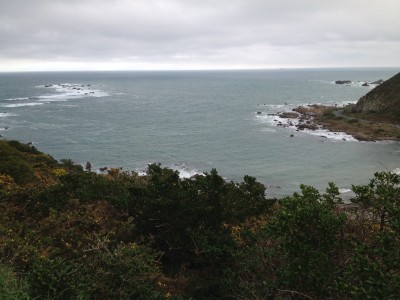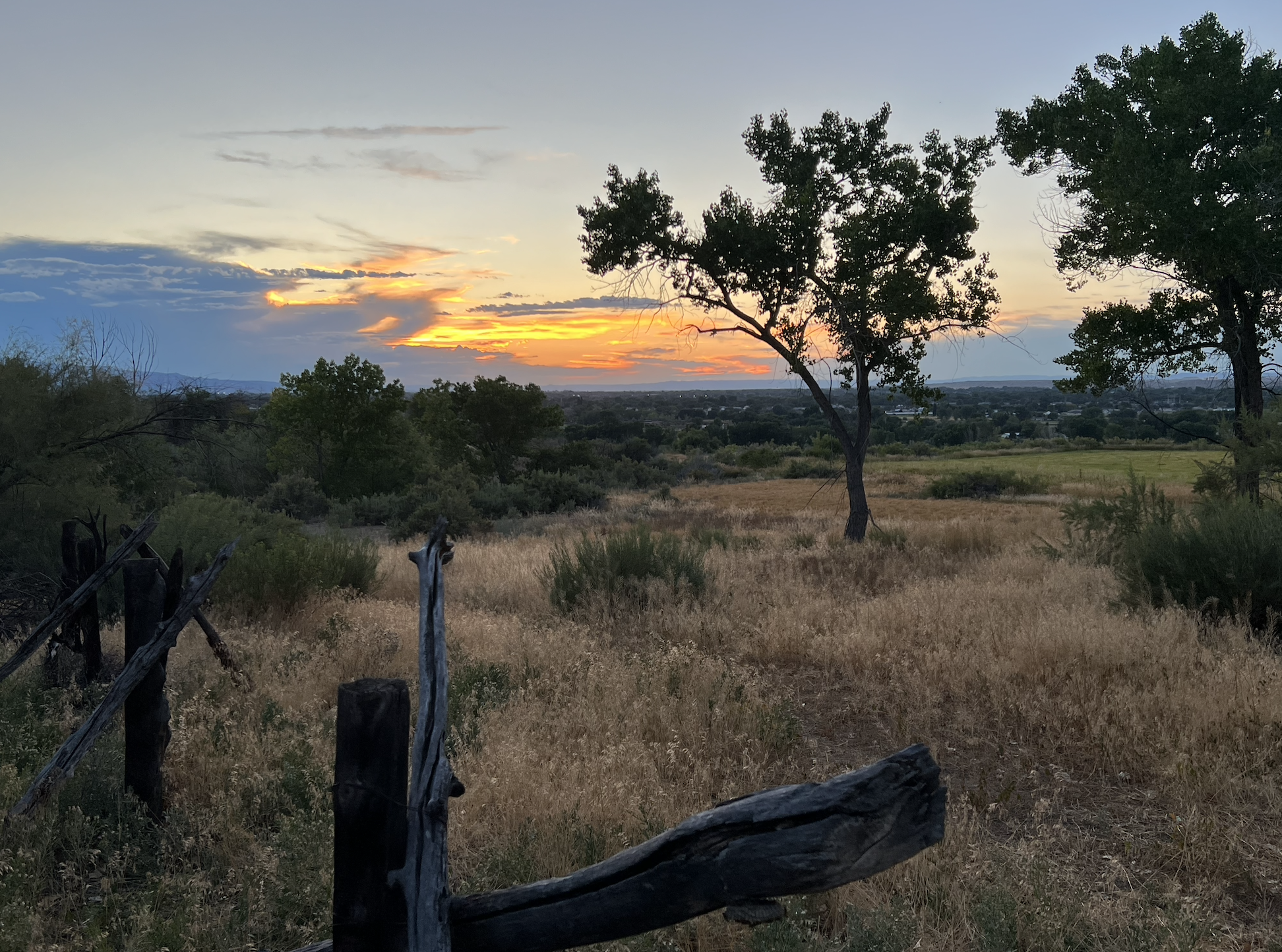Harrison Owen is as much a founder as anyone of the process methodology, Open Space Technology. I’ve met Harrison once in person. I mostly see his posts on the Open Space list-serve, and have read his books. Two of the things that I appreciate about Harrison are his commitment to simplicity and his commitment to self-organization. As for simplicity, the Harrison voice I often hear on my shoulder is, “what’s one more thing you could not do?” It’s an invocation, often needed, to help the group take responsibility for itself. As for self-organzation, the voice I hear is about how “self-organization has always happened, and is always happening.” Harrison has a “no fooling, let’s not kid ourselves” realism to him.
In my facilitation, I often use Open Space Technology. I count on it to get people working together. Quickly and simply. I count on it as one of the ways that groups can embody and tangibly experience a cultural shift to work together by choice, not by obligation. It inspires.
On today’s Open Space list was a post from Harrison. It’s on answers and questions. I very much relate to the questions that matter, and was having a form of this conversation last night with my 19 year-old. I was telling him how I appreciate questions (inquiry) more than I appreciate answers (many of which are imposed certainty, for convenience).
Here’s his post — thanks Harrison.
c
It is all about answers.
The critical thing in life.
So I was told.
If you do not have the answers,
Or better THE ANSWER,
Life is hardly worth living.
Poor me —
No matter how hard I tried,
Every answer I found
Was either partial,
half-assed or stupid.
Answers don’t help a bit.
It’s the Question, Stupid!
Not just any question.
The Question. The biggie. The one with no possible answer.
Sitting THAT Question makes anything possible.
Nothing is certain.
It is called real open space.
Breathtaking!

